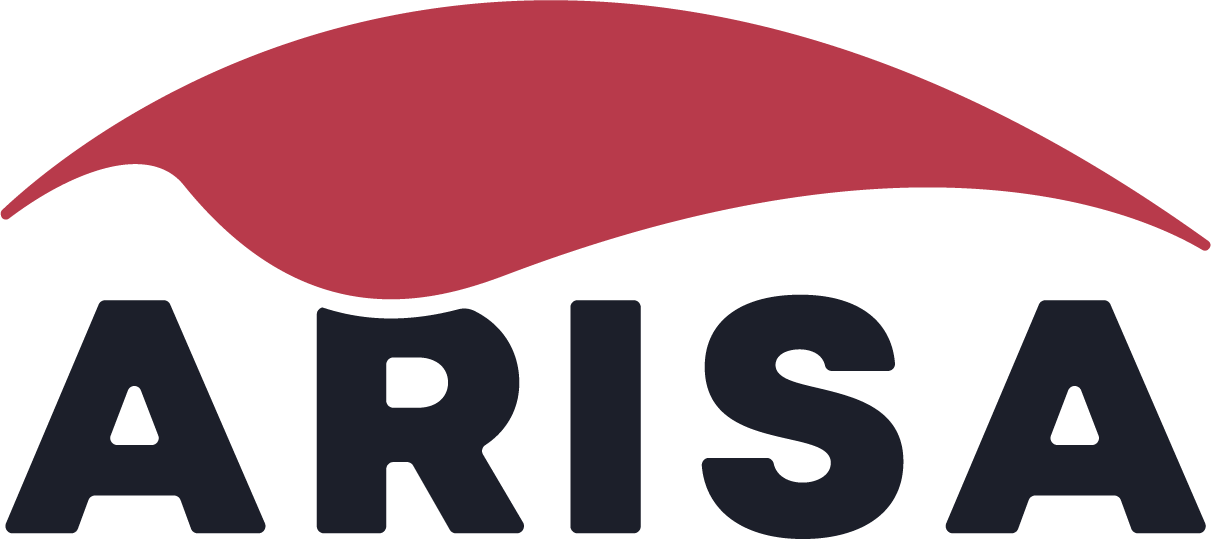After a one-year gap, the Factory Support Programme resumed in 2023 with Paradigm Shift as Arisa’s implementing partner in Tamil Nadu and the National Capital Region, India. In addition, Cividep India carried out a pilot project in Bangalore. The programme aims to improve working conditions in the ready–made garment supply chains of participating companies by facilitating dialogue between workers and factory management and strengthening factory-level grievance mechanisms.
Programme activities continued and were restarted with the companies EK Fashion, Fabienne Chapot, Erve Europe, The Sting Companies, WE Fashion, O’Neill and Prénatal and their suppliers and buying agents. The brands played a crucial role in nominating and motivating suppliers to participate in the training trajectory. The importance of improved labour–management dialogue and effective grievance mechanisms was discussed in detail with suppliers prior to the training sessions. Brands explained how improvements in these areas can benefit both workers and the business. The commitment of brands to support suppliers in this journey is key, especially when workers raise serious grievances.
Paradigm Shift’s training approach
In each factory, the training process begins with an informal assessment of the status and functioning of the Works Committee and the Internal Complaints Committee. Dialogue sessions take place with senior and middle management to establish common ground, understand production and human resource challenges faced and agree on next steps. Workers’ rights awareness sessions are then organised for all workers, followed by works committee elections and capacity building for committee members.
Instead of fixed training modules, the programme comprises interactive training and facilitation. To build trust in the committees and increase their visibility, elected representatives visit production sites and departments to share information and hear workers’ grievances. The committee representatives discuss the complaints raised and develop plans to address them.
Cividep India’s workshop approach
The pilot project in Bangalore has focused on creating conditions for open communication between factory management and workers. To ensure this, Cividep India facilitated a series of separate and collective dialogue workshops involving management and workers. The initial sessions centred on developing mutual understanding of the purpose and process, as well as building trust between management, workers and the facilitators. These sessions provided an opportunity to openly share challenges that the garment industry faces in the production cluster. In the next phase of collective facilitated dialogue, management and workers exchanged concerns amicably and searched for common ground. Finally, review meetings were held involving factory management and the respective brands.
Background information: Worker-management committees in India
India’s 1947 Industrial Disputes Act provides for the establishment of a Works Committee for any factory with 100 or more workers and a grievance redressal committee for factories with 20 or more workers. These committees can take up grievances and other issues related to laws and policies applicable to the company.
The 2013 Sexual Harassment of Women at Workplace (Prevention, Prohibition and Redressal) Act provides for the establishment of Internal Complaints Committees (ICCs) in factories with 10 or more workers. ICCs prevent and redress gender-based violence and sexual harassment on the work floor.
In most garment factories in India, the above-mentioned committees exist on paper only and do not function as prescribed in the respective Acts.
Improved worker–management dialogue, structured in the form of Works Committees or otherwise, can play a crucial role in addressing and preventing grievances and other issues that workers face daily.
Works Committees are not a substitute for trade unions and the right of workers to organise and bargain collectively. In fact, according to Indian legislation, works committees are not allowed to involve themselves in workers’ collective bargaining.
Programme outcomes in 2023
In 2023, Paradigm Shift implemented the training programme in 15 production units of 12 garment suppliers in Tamil Nadu and the NCR. Cividep launched the pilot project in Bangalore with two brands and two suppliers. By the end of the year, all factories were at different stages of implementation. In factories where elections had taken place and committees had been set up and trained and/or dialogue sessions between management and workers had taken place, workers began to share their grievances with committee members and factory management.
Grievances workers raised included discrimination in the allocation of work (particularly relevant in the case of piece-rate work) and issues relating to sanitation and health facilities, crèche facilities, verbal and sexual harassment, transport to and from factories, working hours, wages and access to social security schemes.
In six factories, Works Committees drew up action plans to address grievances raised and management took action to address the issues. Grievances related to working hours, wages and social security continue to be discussed with senior management, brands and buying agents, as remediation of these issues has wider implications for production planning, costing and human resources management.
The training programme has also resulted in a better understanding of the composition of the workforce, including the number of local, migrant, contract and piece-rate workers and the risks associated with these worker groups.
The next steps
The Factory Support Programme’s training activities will continue in 2024, with exchange and training meetings planned involving committee members from different factories. Handling and redressing grievances can be complex. There is a need to strengthen committee members’ knowledge of labour laws and their skills in documenting, investigating and redressing grievances.
In the pilot project in Bangalore, discussions focus on how to integrate worker–management dialogue in day-to-day factory operations. Now that supplier managements better understand the importance and advantages of dialogue, the project will encourage them to integrate these insights into the statutory committees, ensuring continuation and sustainability in the dialogue process.
Another of the project partners, Mondiaal FNV, is preparing a paper that clarifies freedom of association as a human right and sheds light on works committees as mechanisms for social dialogue and workers’ representation. The paper will explore the linkages and possible progression between functioning works committees and freedom of association.



